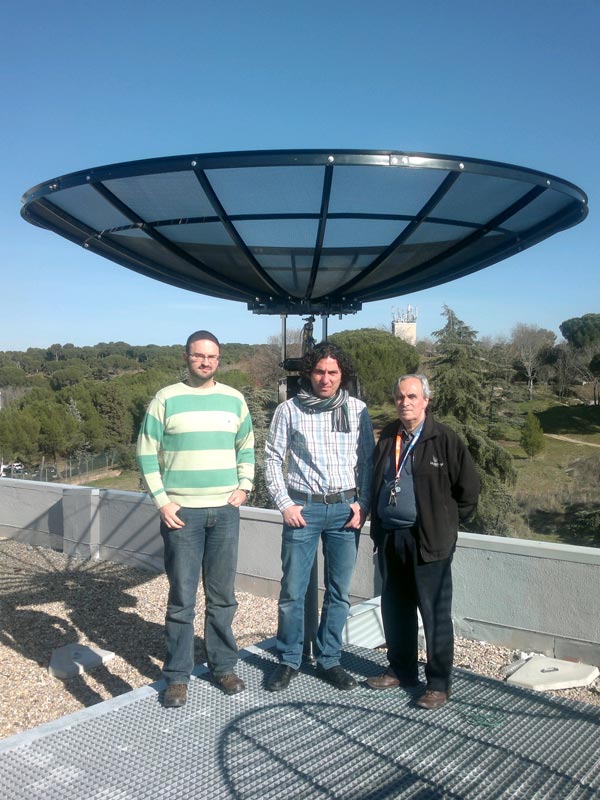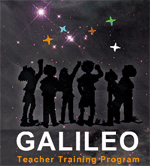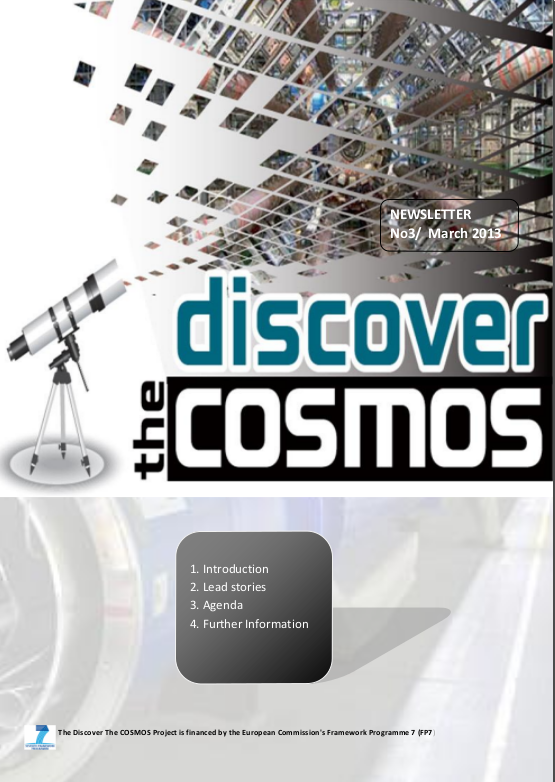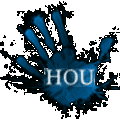La Semana de la Ciencia de Madrid es un evento de divulgación científica y participación ciudadana organizado por la Fundación madri+d que ofrece al público la oportunidad de conocer de cerca el trabajo que realizan los científicos, sus investigaciones, motivaciones y esfuerzos. Permite a la sociedad conocer los últimos avances de la ciencia.
En 2017 (Del 6 al 19 de noviembre), la Universidad Complutense de Madrid, como en ediciones anteriores, organizó talleres en diversas facultades. HOU SPAIN, dentro de la Facultad de Ciencias Matemáticas, organizó dos actividades:
"Abriendo Ventanas al Universo"
Esta actividad tuvo lugar en el edificio FISAC de la Facultad de Estadistica, los dias 14 y 15 de Noviembre. Consistio en la organizacion de unas visitas guiadas a las instalaciones del Centro de Operaciones Cientificas del telescopio espacial WSO-UV.
Cada visita constaba de tres partes. Primero se dio una breve charla de introduccion a los observatorios astronomicos y al telescopio WSO-UV dentro en ese contexto. Despues, la visita continuaba con una presentacion del proyecto WSO-UV en detalle, de sus instalaciones en Tierra (en Rusia y España) y del papel del Centro de Operaciones Cientificas del WSO-UV en la Complutense. Cada visita finalizaba con el paso a la Sala de Control , donde se explicaba en detalle el papel de cada sistemas en funcionamiento
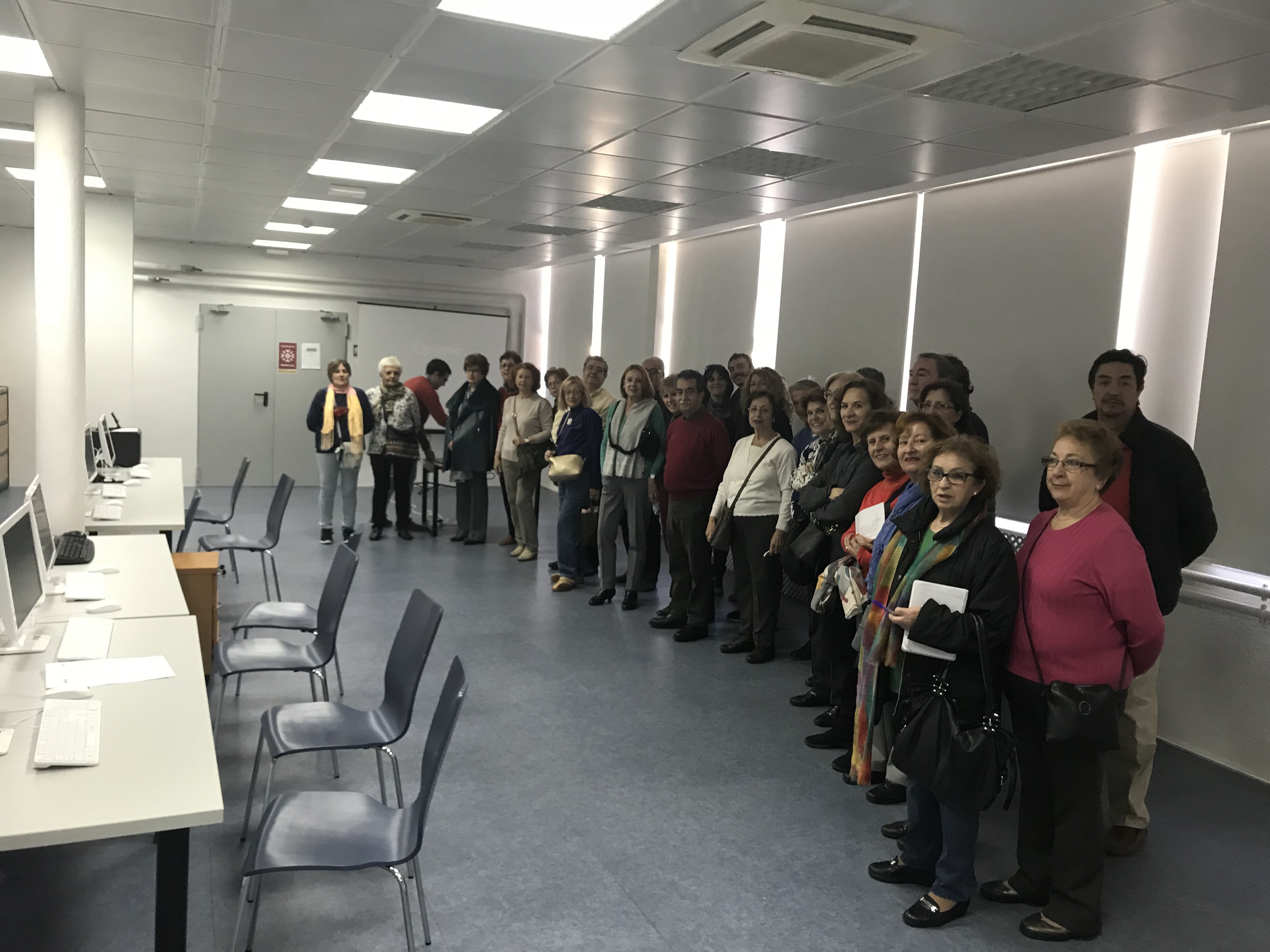
"Astronomía en las Aulas. Iniciación al manejo de SalsaJ"
La actividad tuvo lugar en la Facultad de Matemáticas los días 6 y 7 de Noviembre.
Este taller, dedicado especialmente a alumnos y profesores de últimos cursos de instituto, pretendía ser una presentación del proyecto Hands on Universe y de todo el potencial que tiene la red para iniciar proyectos científicos desde las aulas.
El proyecto elegido fue el estudio de la población estelar del cúmulo M16, la Nebulosa del Águila. Se presentaron los conceptos básicos sobre formación estelar y cómo medir las edades de las estrellas mediante el diagrama de Hertzsprung-Russell, que luego los alumnos aplicaron utilizando SalsaJ.
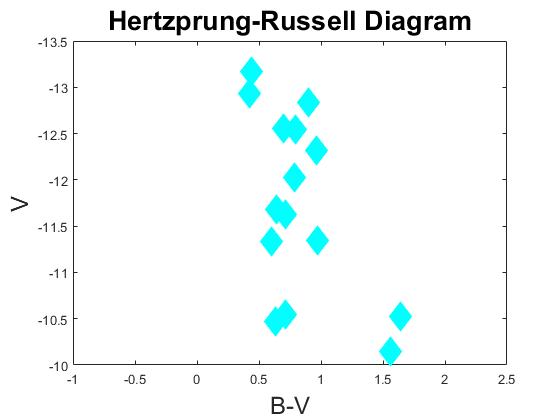
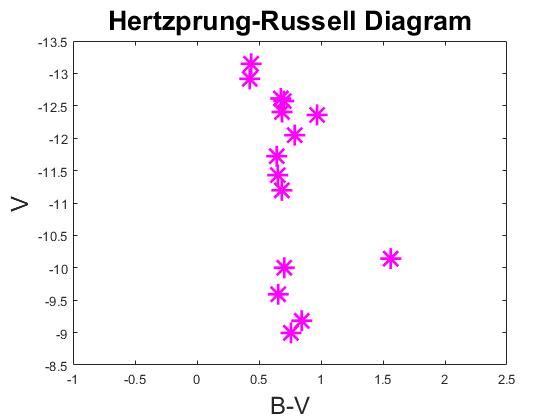
Esperamos que todos los participantes disfrutaran de la actividad tanto como nosotros.
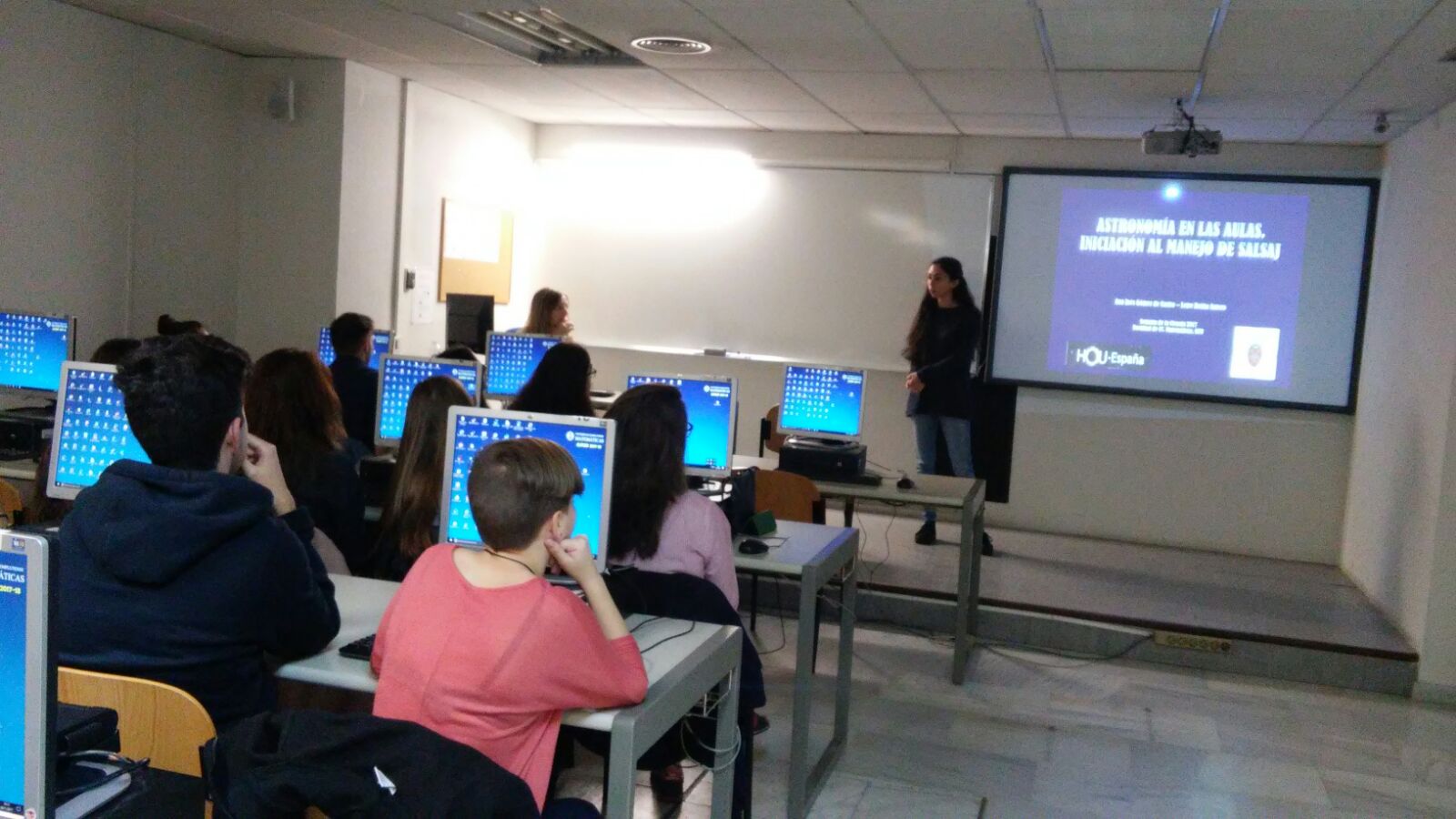
La primera producción de la Global Science Opera, "SkyLight", fue la primera ópera escrita y ejecutada por una comunidad global.
En 2017, GSO se inspira en la visión de la Agencia Espacial Europea de una ciudad en la luna. La ópera "Moon Village" se estrenó en todo el mundo el 13 de diciembre de 2017.
Siguiendo la inspiración científica del Profesor Bernard Foing (ESTEC), la ópera "Moon Village" ha sido creada por escuelas, universidades e instituciones artísticas en 27 países en todos los continentes habitados: Argentina, Australia, Bélgica, Brasil, Canadá, Chile, China, Chipre, Inglaterra, Francia, Alemania, Grecia, Holanda, Irlanda, Italia, Japón, Kenia, Noruega, Polonia, Portugal, Eslovaquia, Eslovenia, España, Suecia, EE. UU., Gales y Zambia.

En la participación española de esta convocatoria contamos con la ESCUELA PROFESIONAL LA SALLE de Paterna, Valencia (profesores: Samuel Hermosillo Del Olmo y María José Mañez Raimundo), y el COLEGIO MAESTRA ISABEL GALLEGO GORRIA LHI de Bilbao (profesores: Almudena de la Peña e Isabel Ruiz) con la coordinación de Ana Inés Gómez De Castro (Hands-on Universe, España. Univ. Complutense, Madrid) y Carmen Diez Calzada (Scientix. Barcelona).
Enlace a la Global Science Opera 2017: https://www.youtube.com/watch?v=D3I6m8JZL0Y&feature=youtu.be
La participación española inicia en el minuto 41:49.
MADRID / 14_MARZO_2013
'Discover the Cosmos' European proyect (in which Hands-on Universe Spain through the Complutense University of Madrid is one of the partners) publishes a periodical newsletter telling the ongoing activities. Recently, the 3rd Newsletter has been published and activities carried on by UCM appear to be highlighted.
You can download the document by clicking on the following image:
WHAT » Reflection workshop on Astronomy eduactional scenarios: Hand-On Universe Spain wiki
WHEN » Thursday, February 28th, 2013. 18:00h
WHERE » WSO-UV, edificio FISAC, Escuela Universitaria de Estadística, UCM (Madrid)
WHO » The workshop targets secondary and high school sciences teachers (Physics, Chemistry, Maths, ICTs...)
* for more info. please direct to This email address is being protected from spambots. You need JavaScript enabled to view it.
** if you are interested on participating, please confirm via email. Thankyou
[the workshop will be entirely given in Spanish]
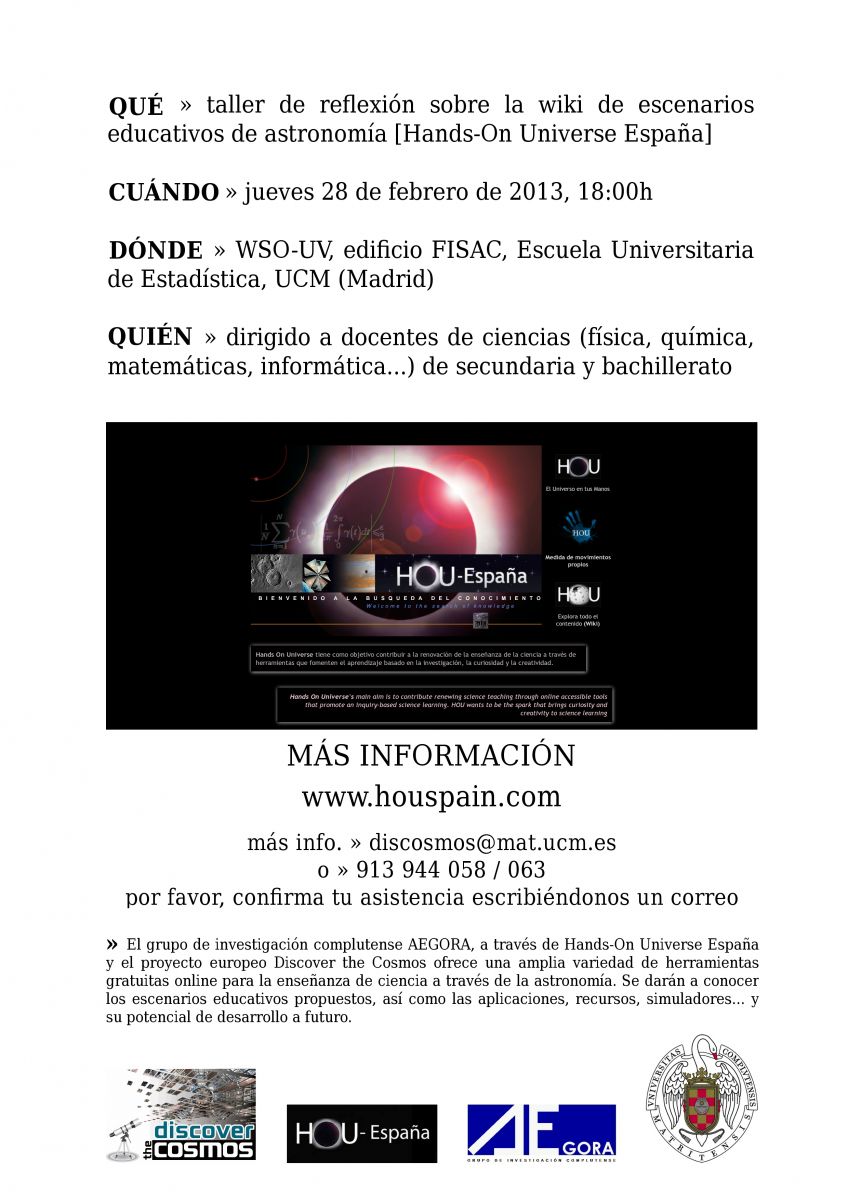
* «El Universo a tu manera» ('The Universe, in your own way') invites secondary school teachers to participate exploring and inventing innovative ways dor teaching science trough Astronomy
* The contest is awarded with a 300€ prize
MADRID // January 29th, 2013
We are proud to announce the contest «El Universo a tu manera» ('The Universe, in your own way') we just released in Spain. Secondary school teachers are invited to present their original educational scenarios, resources and/or applications based on the ones Discover the Cosmos promotes.
Registrations are open from February the 1st until May the 31st, 2013 and the awards will be given during the Bienial Reunion of the Spanish Society of Physics (July 2013).
Teachers are invited to seek trough the educational scenarios available in our wiki-based source (Hands On Universe-España) to get inspired.
Besides, we'd like to announce an upgrade in the wiki source of educational content, that now shows all the Spanish versions of all Discover the Cosmos educational scenarios. They are all labeled in the bottom part of each page and linked to Discover the Cosmos' portal (e. g. http://www.houspain.com/gttp/doku.php?id=experimentos_con_un_telescopio_de_rayos_cosmicos).
We are proud to announce that on November 22nd, our partners in Hands-On Universe [Spain] from Fundación AstroHita appeared once again in 'Nature' journal of science. The article refered to the recently confirmed atmosphere -very faint and localized- at the dwarf planet Makemake. This contribution in which the astronomical complex based in Castilla la Mancha has participated is in the frame of the research of trans neptunian objects. The data collected by the 77 cm telescope in La Hita complex was useful to predict when the star was going to be hidden by Makemake.
“Astrometric refinement of the star’s and Makemake’s positions from CCD images obtained days prior to the occultation showed that the shadow path of the occultation would pass over South America (Fig. S1). A total of 108 astrometric measurements were obtained during 5 nights from images acquired at the f/3 0.77m telescope of La Hita observatory (Spain) in the period April 8th to April 12th 2011.”
Extract of the article published by 'Nature', num 491, pages 566-569 (November 22nd, 2012)
The effort that Fundación AstroHita made to improve their equipment permited to reach precise measurements and get this results.
By clicking HERE, you can access the article in 'Nature'.
At the bottom of the website, there is a link to a PDF file that includes data provided by La Hita observatory.
The academic year is moving on. And many secondary schools based in the region of Castilla-la-Mancha are currently immersed observing the region of Serpens through the exercise Setting references when everything moves: stellar streams. Teachers and students, all toghether, will try to find stars in the region of Serpens that have sufered motions. ¿How will they do that? By setting systems of references in the space.
This execise will allow students to understand what exactly is a system of references and why are they necessary to comprehend the motion of elements through the space.
In order to share questions and doubts, teachers participating in Discover the COSMOS' project gathered -during two sessions- with AstroHita Foundation, members themselves of Hands-On Universe.
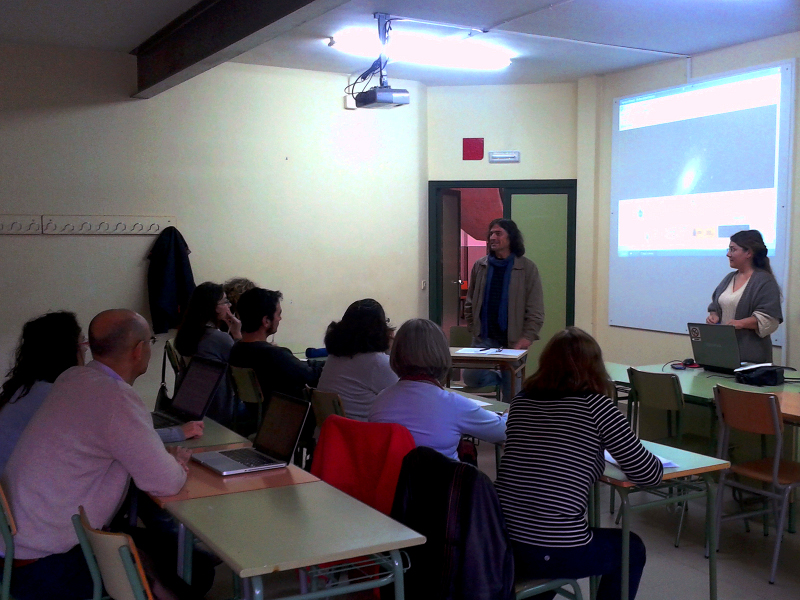
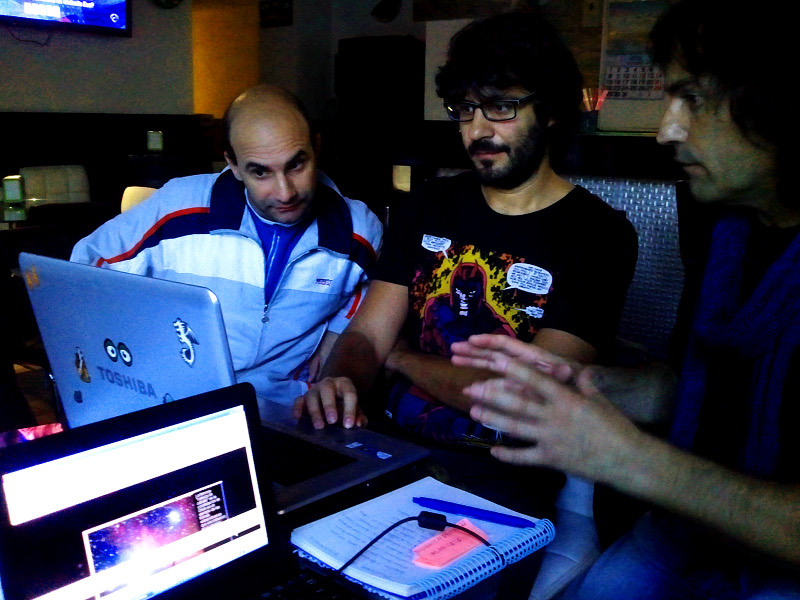
Images taken by AstroHita Foundation during the meetings, by October 24th and 26th.
EU-HOU (Hands-On Universe Europe) has been awarded with the silver medal that the European Comission gived during the "Innovation and creativity in the Continuous Learning Program: create, innovate, cooperate" conference, that took place in Prague on May 6th and 7th, 2009.
HOU project is developing contents and infrastructure to make available cinematic experiments about the circular uniform movement phenomena using a network made of little radio-telescopes. By using these radio-telescopes it’ll be possible to measure how hydrogen clouds in our galaxy rotate around its own center. Complutense University of Madrid (UCM) and Polytechnic University of Madrid subscribed an agreement to maintain and operate a little radio-telescope that’ll be connected to the Internet and will be available for teachers engaged with HOU for its use in the classroom.
